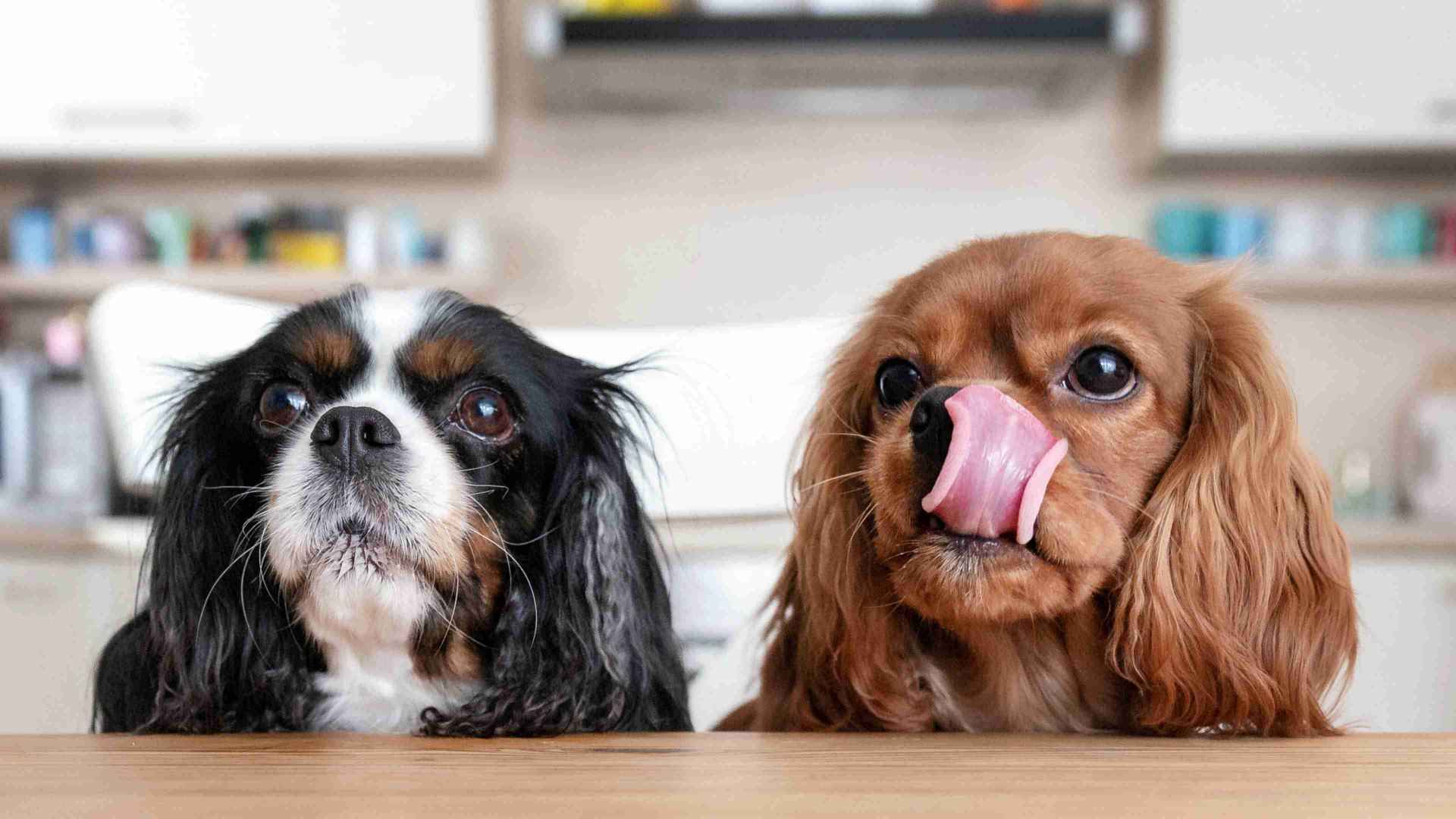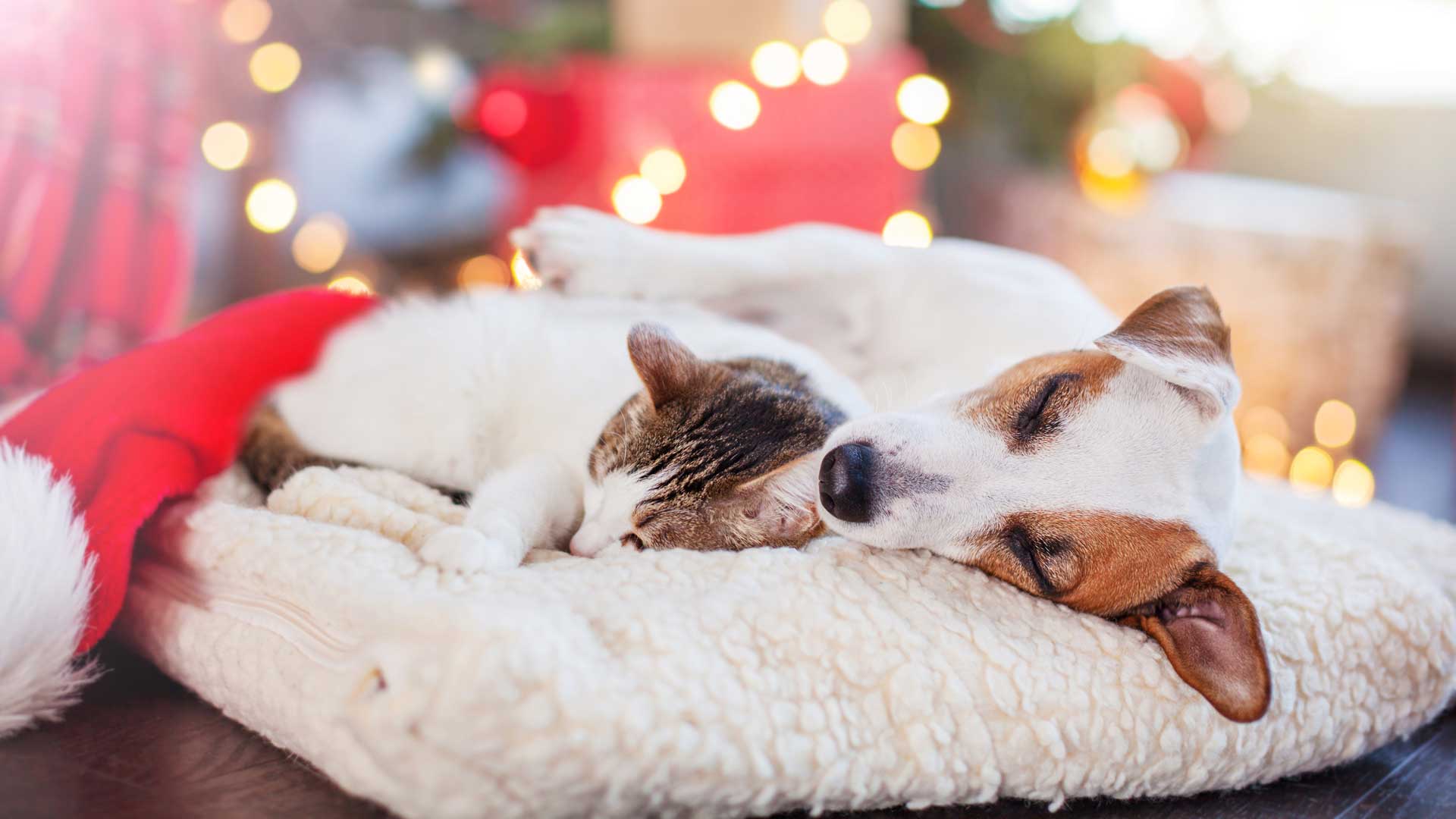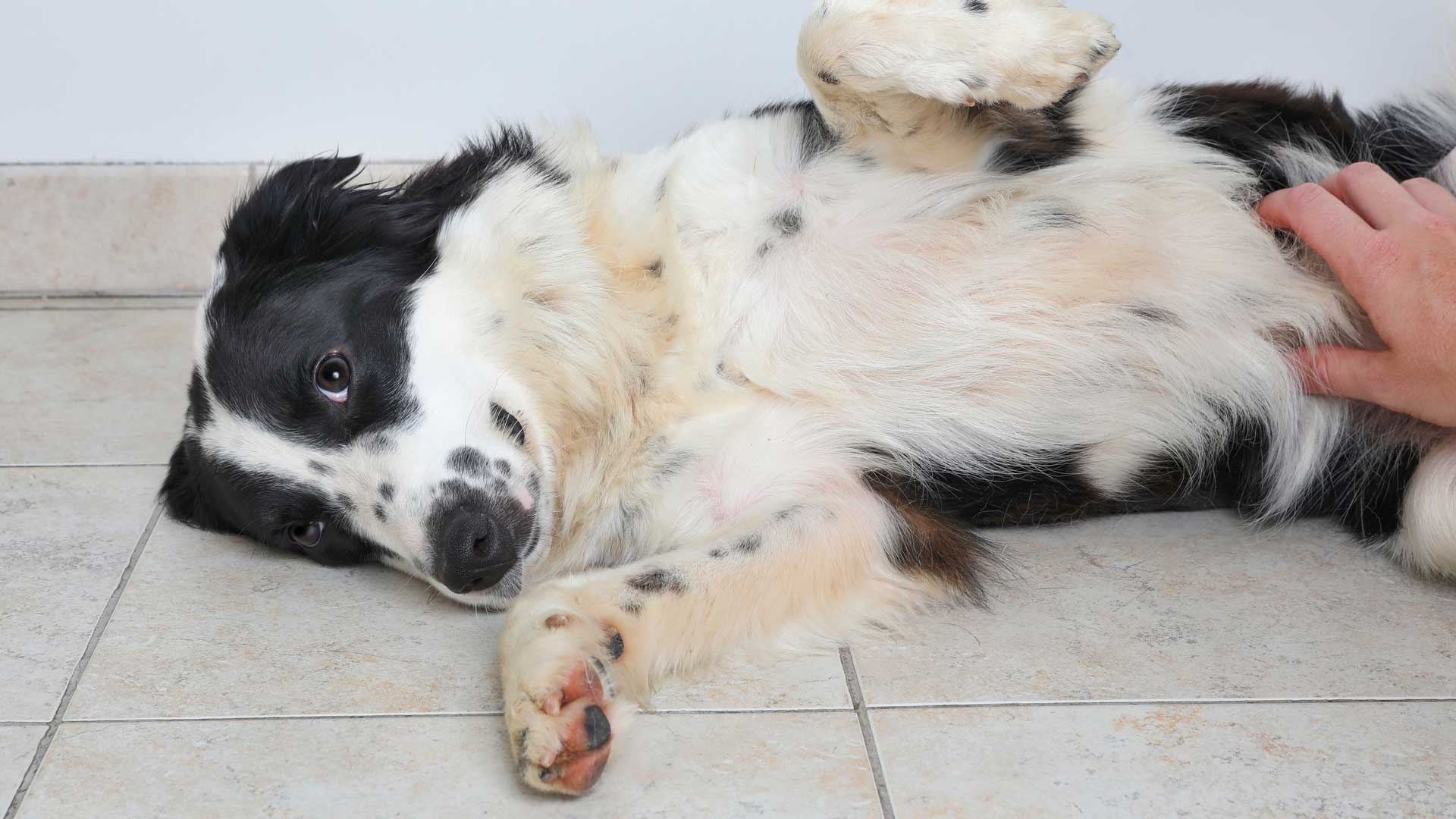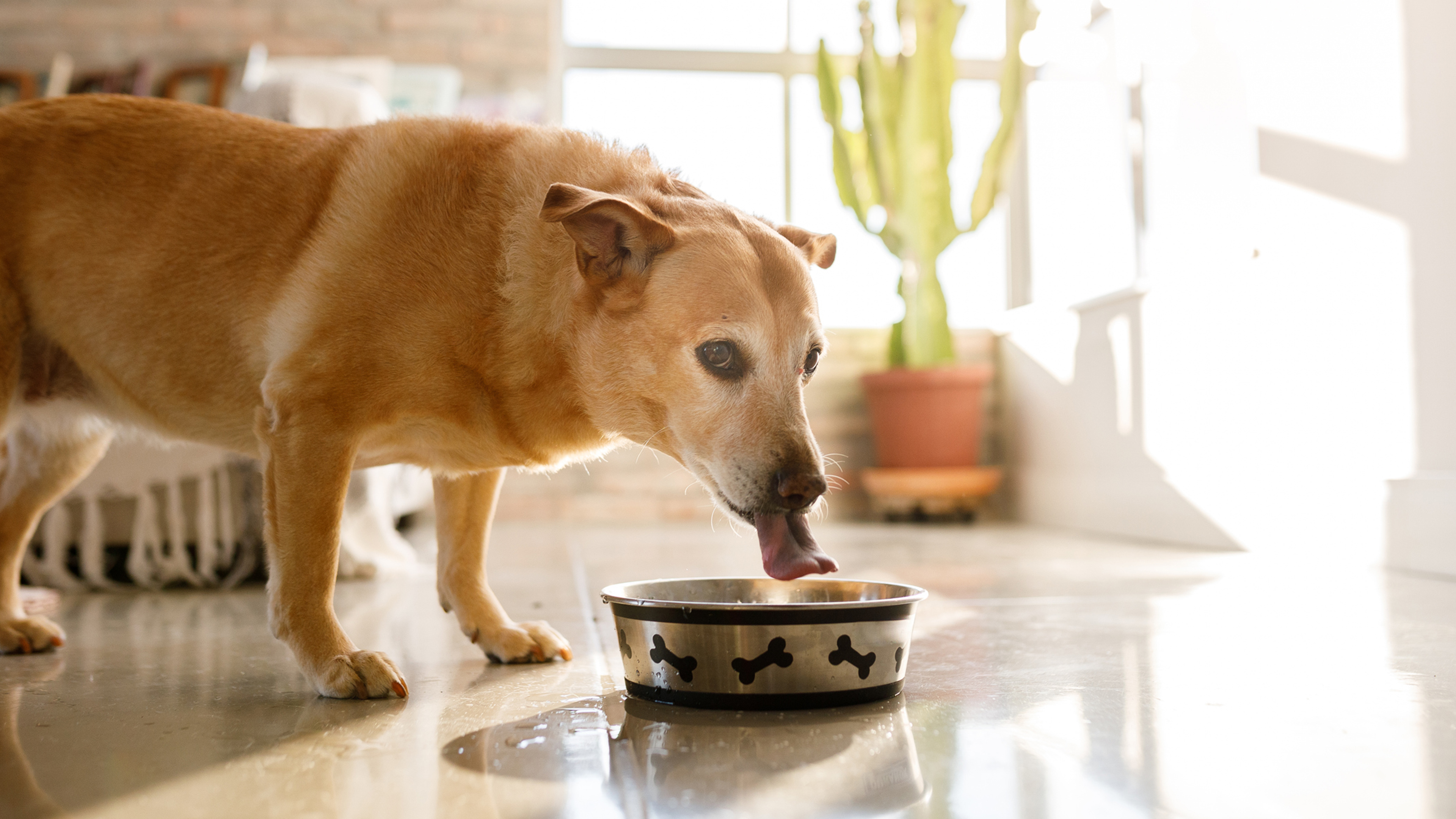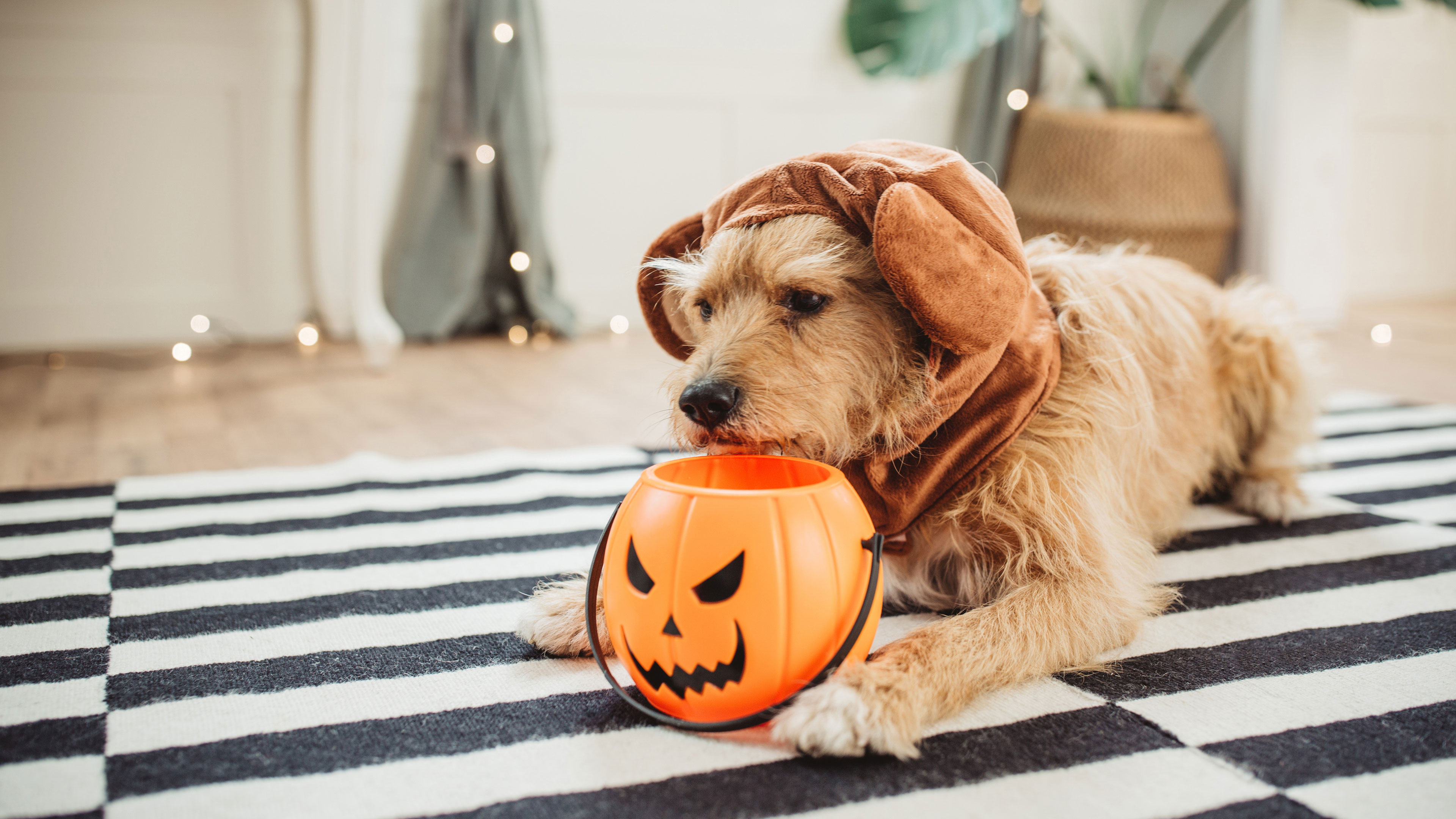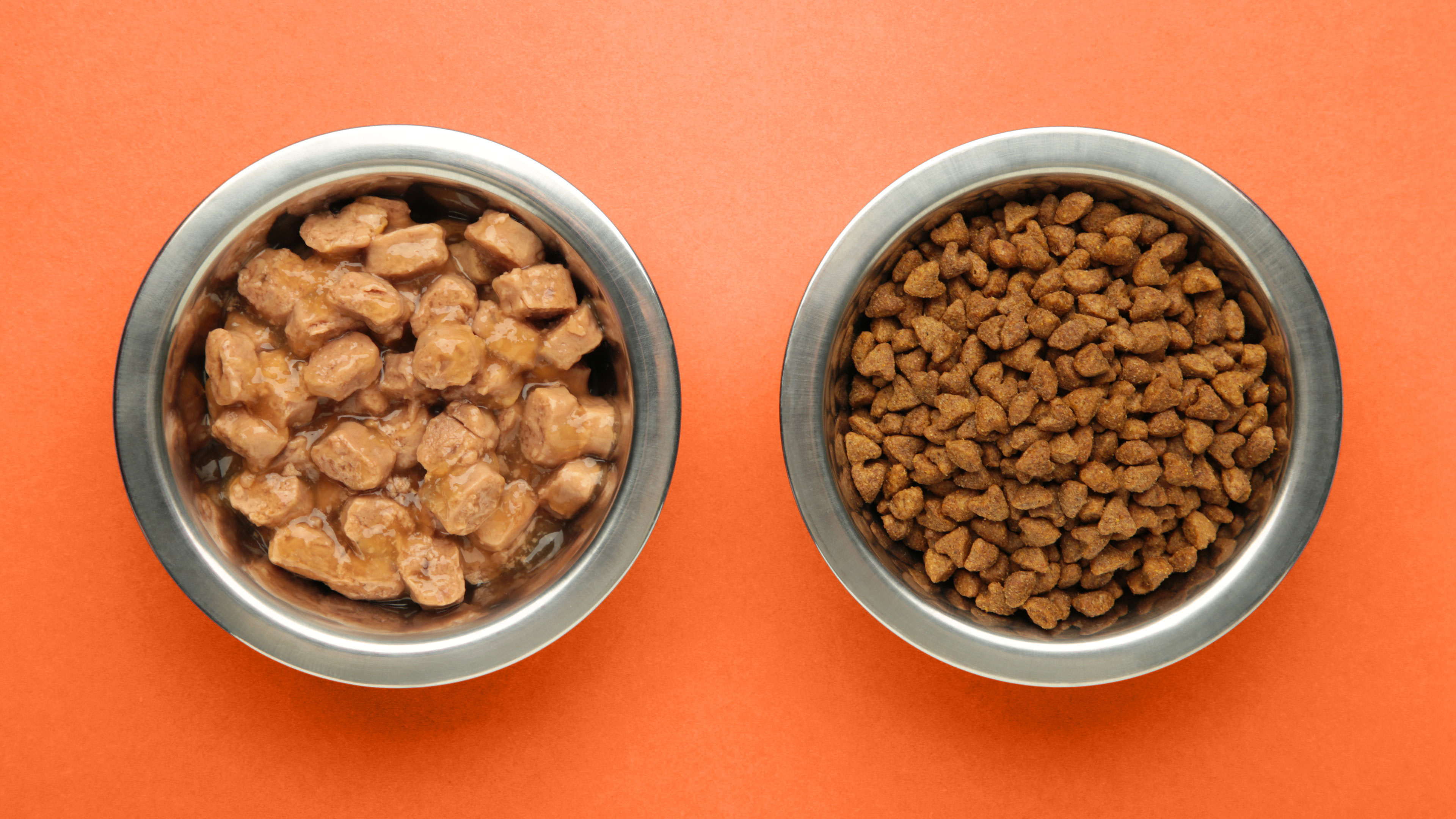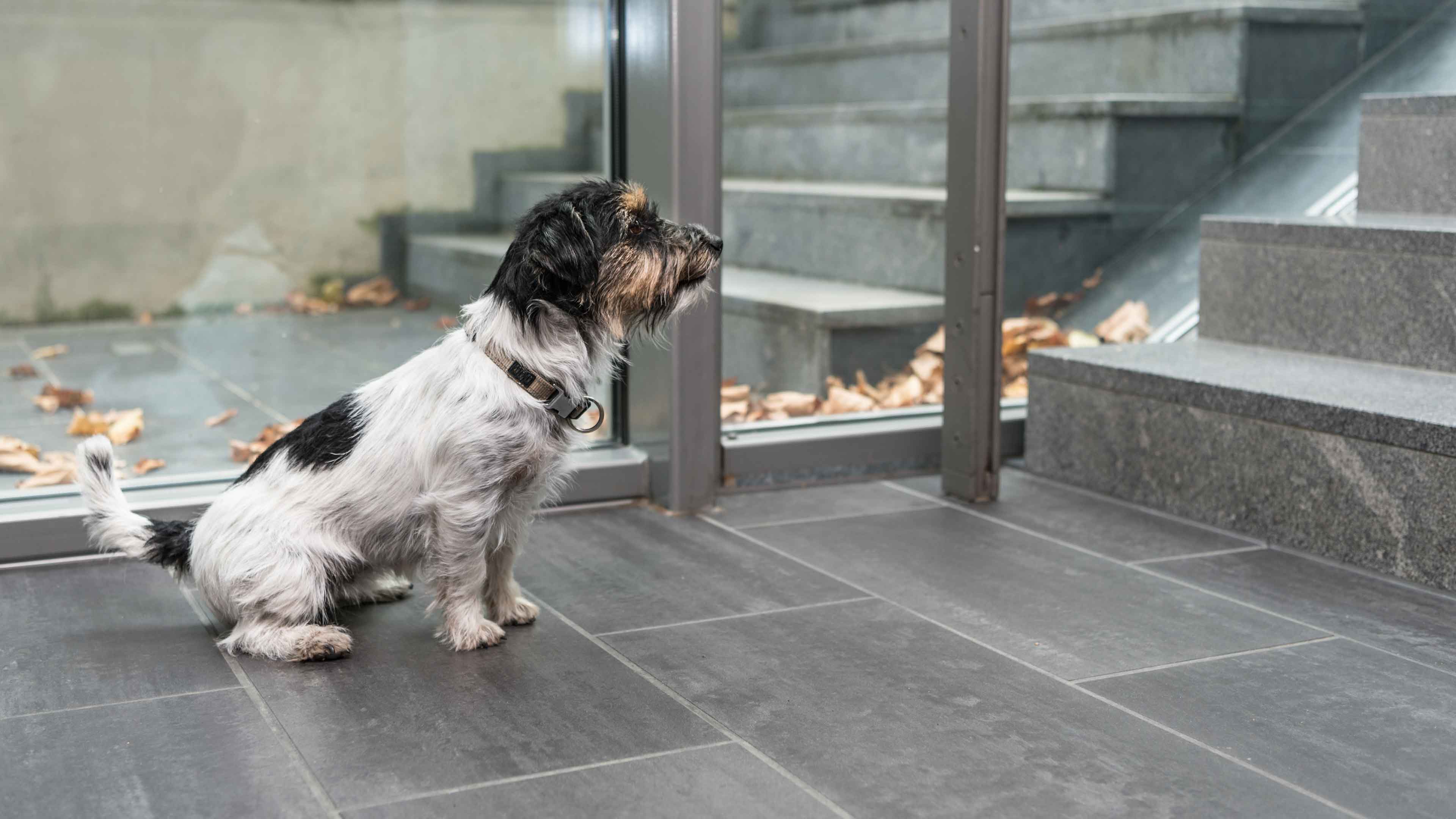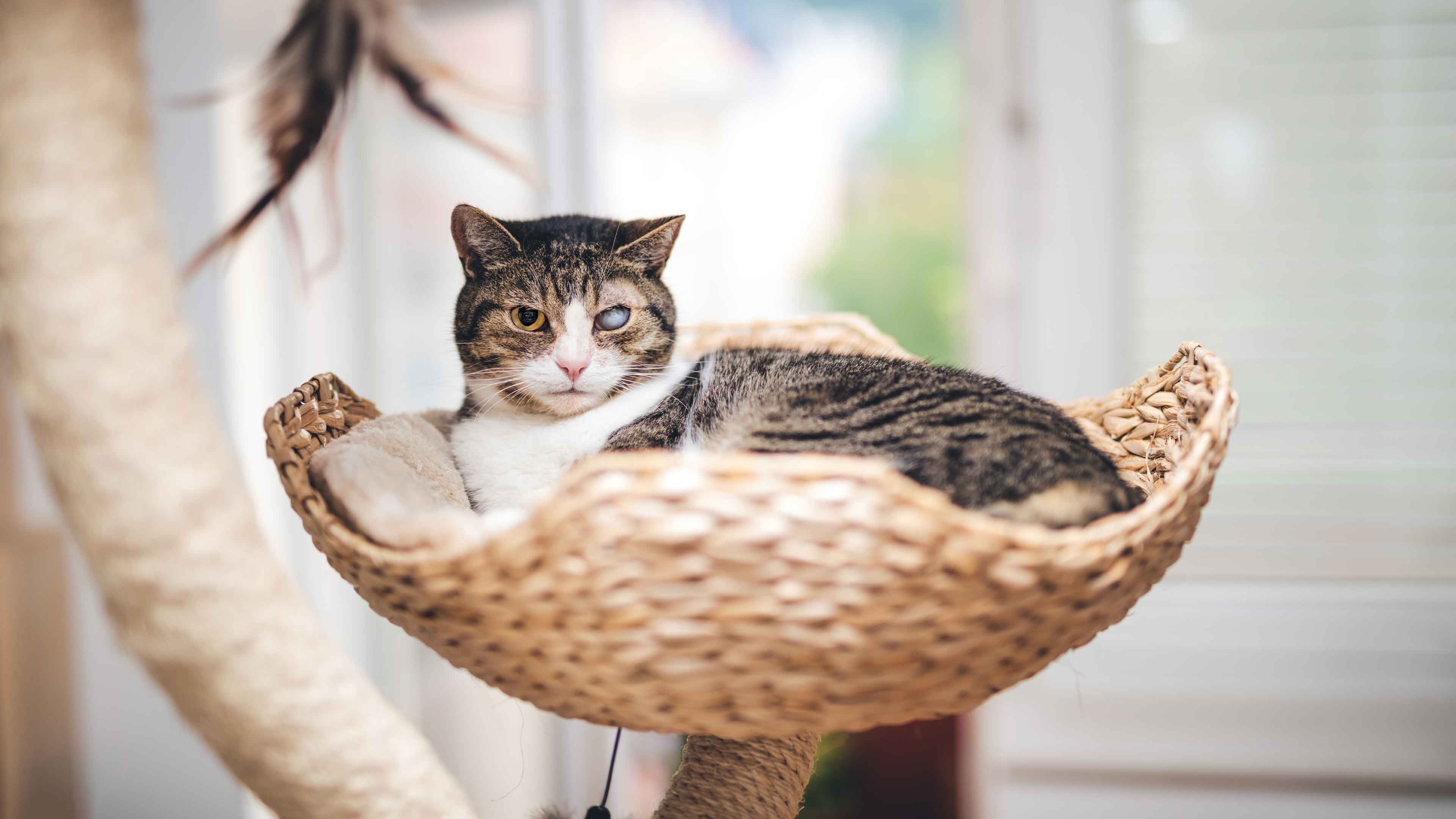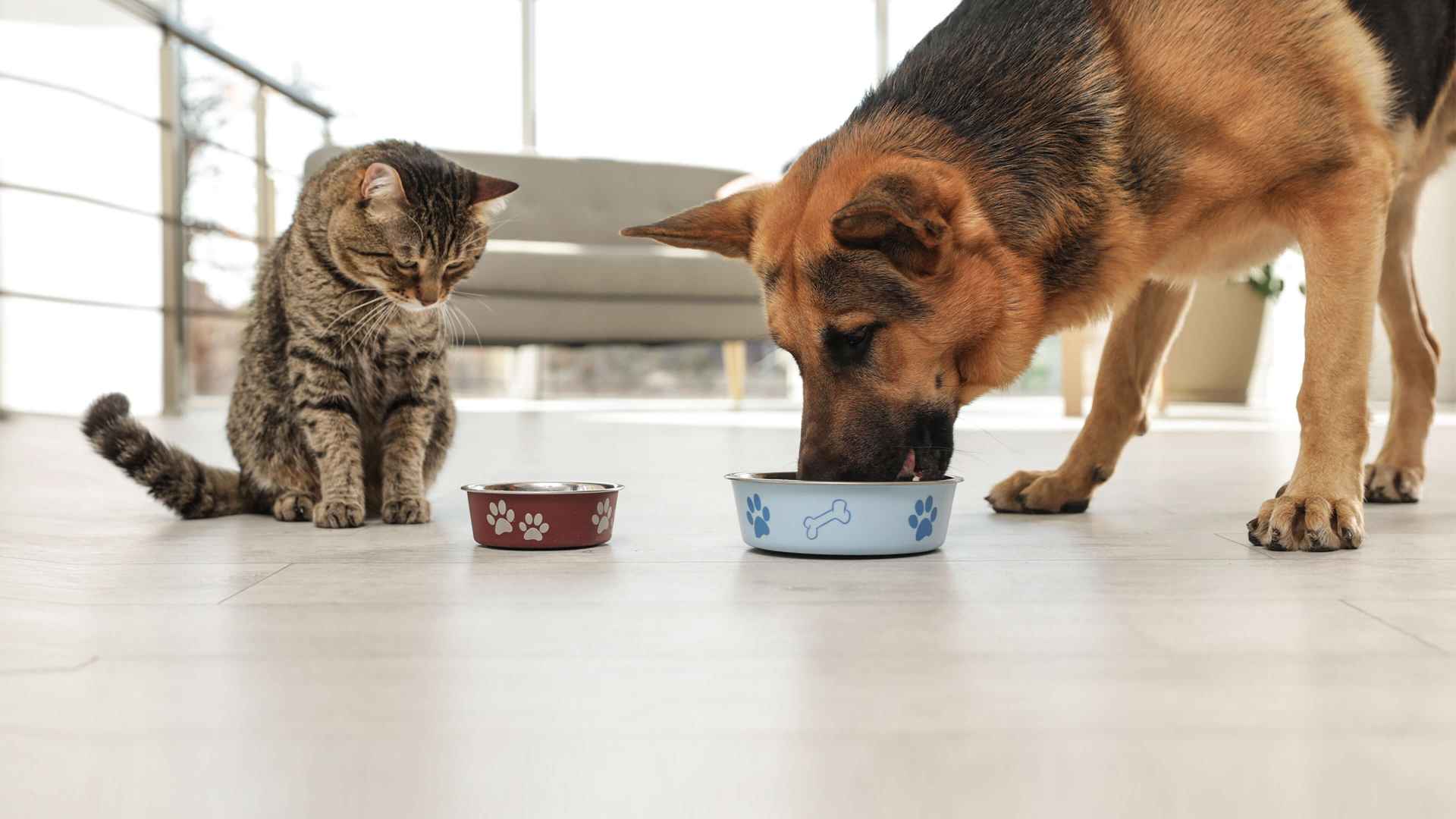healthy food for dogs
For pets, the holidays have always been a mixed bag. The people they love most usually spend more time at home, which is pretty sweet. In some parts of the country, there might be fresh snow to frolic in. And colder weather also means more cuddling, for those who enjoy that sort of thing.
On the other hand, there are some challenges. Christmas trees, wreaths, and other holiday plants can be seriously toxic to animals. In some cases, pets might get stressed out by holiday activities and even changes in the regular routine.
And then there’s the food.
What we eat vs. what they eat
Your oven’s on. Every counter in the kitchen is stacked high with ingredients. You’re putting a feast together for your loved ones, and you catch your fluffball drooling over all the fresh food — green beans, sweet potatoes, white rice, beef liver... Even though the holidays are about giving, don’t be tempted to give in to their whines and wishes for people food and treats.
You can provide extra snuggles, more playtime, a healthy walk outside, even a confidently-sung holiday tune (if your pet likes your oh-so-smooth singing voice). But keep the human food to the humans.
3 facts about food + pets
Hide the bones and drippings. If you’re eating birds this year, keep the bones away from pets. They can become lodged in many places along the digestive tract and cause serious, life threatening problems. While meat is a great source of protein, the drippings and fatty leftovers can cause health issues like an upset stomach or increased risk of heart disease, so do not offer them to pets at all.
Chocolate can be lethal. Chocolate contains theobromine, which is toxic to pets. Keep this common ingredient for you and the sweet people in your life, not your dogs or cats.
Keep these veggies and fruits to yourself. Garlic, onions, leeks, scallions, chives, and shallots are highly toxic to dogs and cats, and can even be lethal. Many fruits, including grapes and raisins, should also stay out of your pet's food bowl.
See, treats for humans can be tempting to a pet, but might be dangerous. Stick with your furry friend's regular food (fresh kibble, raw diet, etc.) for a more balanced diet, essential vitamins, and the happiest of holidays. Another thing to keep in mind is some pets have food allergies which can affect their digestive health and cause less-than-healthy skin, so always introduce new foods slowly and carefully.
While we’re on the subject, you should watch out for food packaging, which can be a choking hazard, and caffeine and macadamia nuts, which are definitely for humans, not pets, since they're toxic for them. You can find more holiday safety tips on the ASPCA’s website, too.
Oh, and if you’ve got pressing pet questions (about human food, health issues, pet food diets, etc.) during the holidays and you've got an Optimum Wellness Plan® from Banfield Pet Hospital, schedule an appointment with your veterinary team, or get general petcare advice and support 24/7 with Vet Chat™. Log in to MyBanfield or register for an account now to get started.
 Mites and mange
Mites and mange Podcast - Not Just Fluff
Podcast - Not Just Fluff
